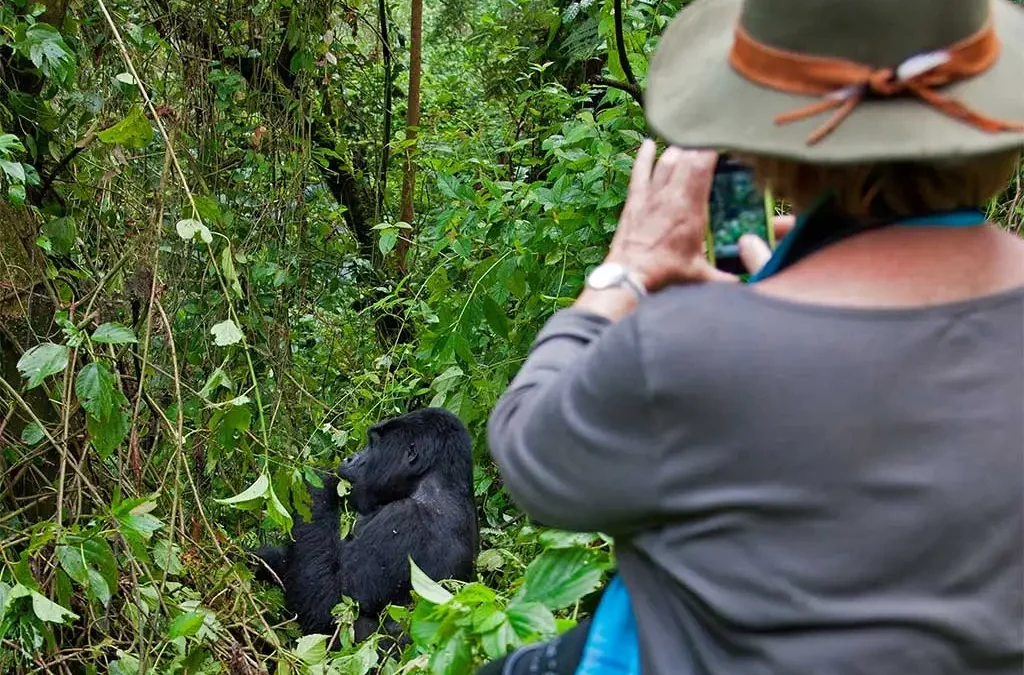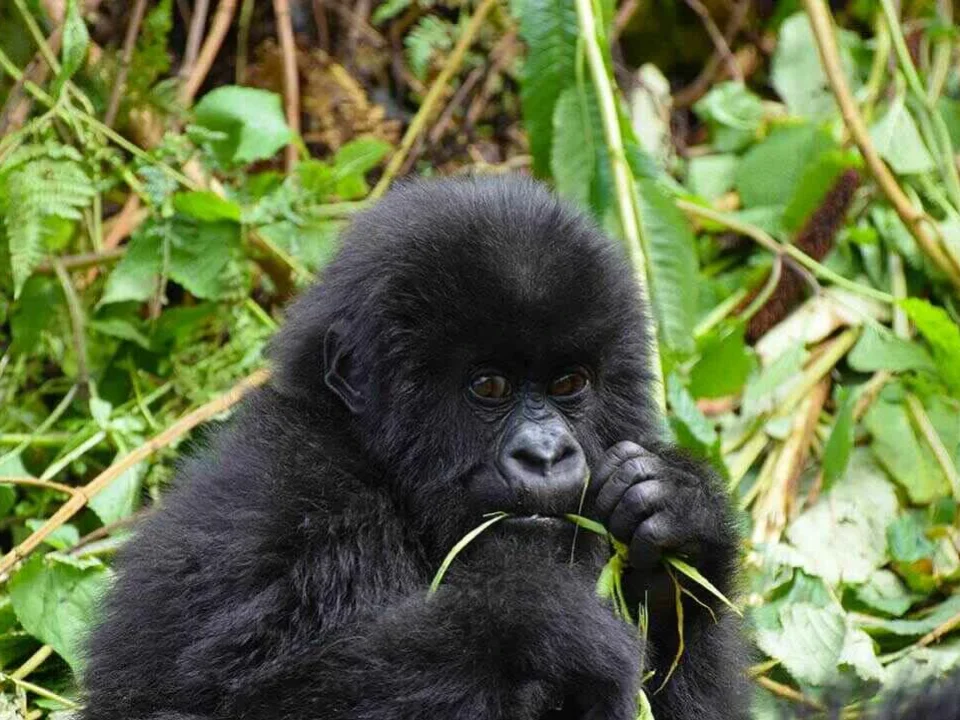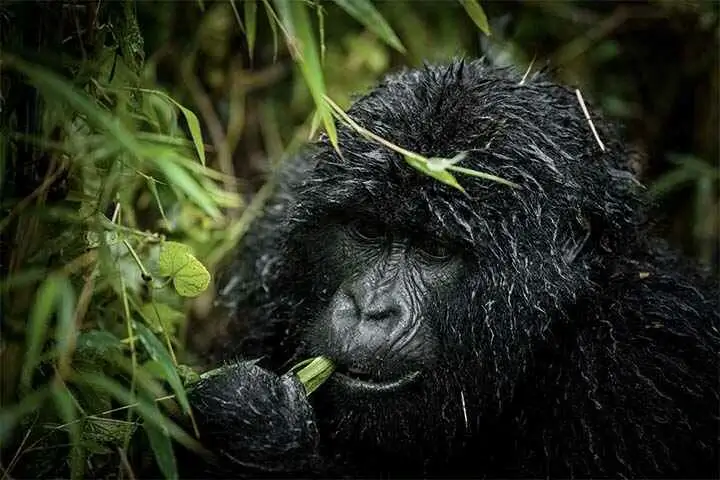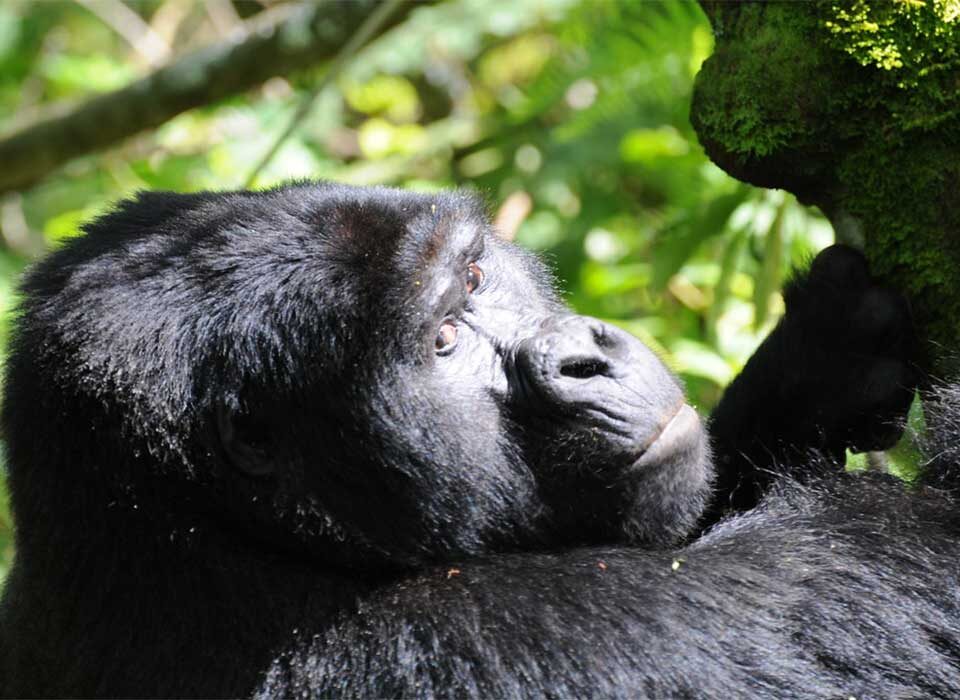
How to Prepare for Gorilla Trekking, Fitness, Gear & Mental Readiness
July 26, 2025Gorilla trekking is more than just a life-changing wildlife encounter—it is a powerful tool for conservation and community development. Across Uganda, Rwanda, and the Democratic Republic of Congo, the presence of tourists has become a crucial incentive to protect endangered mountain gorillas and support the livelihoods of people living around national parks. In this article, we explore how your visit contributes directly to gorilla conservation, park protection, and sustainable development for local communities.
The Role of Gorilla Permits in Conservation Funding
Every gorilla trekking permit you purchase plays a direct role in funding the conservation of mountain gorillas. A significant portion of the revenue generated from permits goes to national parks and conservation authorities responsible for managing gorilla habitats. This money supports ranger salaries, anti-poaching patrols, research, habitat restoration, and veterinary care through organizations like the Gorilla Doctors and the International Gorilla Conservation Programme.
In Uganda, for example, the Uganda Wildlife Authority allocates a share of gorilla permit income to park operations and protection. In Rwanda, a similar model is employed through the Rwanda Development Board. This means your permit fee is not simply a ticket—it is a direct investment in the survival of one of the world’s most endangered species.
Empowering Local Communities Through Revenue Sharing
Tourism revenue doesn’t only fund park activities—it also helps uplift communities. Uganda, Rwanda, and DRC all use a community revenue-sharing model where a percentage of gorilla permit fees is allocated to nearby villages. This funding supports essential community projects such as schools, health clinics, clean water systems, and infrastructure development.
By linking community welfare to gorilla conservation, this model gives local people a reason to protect the animals and their habitat. Rather than seeing gorillas as competition for land or resources, communities begin to view them as valuable assets that generate economic benefits. It is a powerful shift that transforms potential conflict into cooperation.
Employment and Skills Development in Tourism
Gorilla trekking tourism creates employment opportunities for thousands of people. Park rangers, guides, porters, chefs, hotel staff, drivers, and artisans all benefit from the trekking industry. Tour operators like Exclusive Gorilla Journeys work with local talent and support community-based tourism initiatives.
For example, many former poachers have been rehabilitated and trained to work as porters or conservation educators. Women’s groups in Uganda and Rwanda now craft souvenirs or run guesthouses that serve trekkers. As tourism grows, so does the demand for local services, boosting the economy and improving livelihoods.
Cultural Preservation and Responsible Travel
Gorilla tourism also encourages cultural preservation. Travelers often engage in cultural encounters with local communities, such as the Batwa pygmies in Uganda or the Iby’Iwacu Cultural Village in Rwanda. These experiences promote awareness and appreciation of indigenous cultures while providing income to the groups involved.
Responsible travel practices further reinforce this positive impact. Ethical tour operators promote low-impact tourism, respect for local customs, and environmentally friendly travel. Travelers are encouraged to follow park rules, minimize waste, and support ethical businesses that prioritize sustainability and local partnerships.
Conservation Challenges and the Ongoing Need for Support
Despite these successes, conservation is not without challenges. Habitat loss, disease transmission from humans to gorillas, political instability in some regions, and the impacts of climate change continue to threaten the survival of mountain gorillas.
The COVID-19 pandemic showed how fragile the tourism-conservation relationship can be. With fewer tourists, park revenues plummeted, and the risk of poaching rose. This underlined the importance of long-term funding models and the need for consistent support from travelers, governments, and NGOs.
By choosing to travel with responsible operators like Exclusive Gorilla Journeys, you help build a more resilient conservation framework. Your participation goes beyond a one-day trek—it supports the future of Africa’s rainforests, its wildlife, and the people who call it home.
Final Thoughts
Gorilla trekking is a powerful reminder of our connection to nature and our responsibility to protect it. When you trek to see mountain gorillas, you become part of a global movement to conserve endangered species and uplift local communities.
At Exclusive Gorilla Journeys, we take pride in creating transformative travel experiences that also give back. Every safari we design is rooted in respect for the gorillas, the land, and the people who protect them. Join us, and let your journey leave a lasting legacy.




